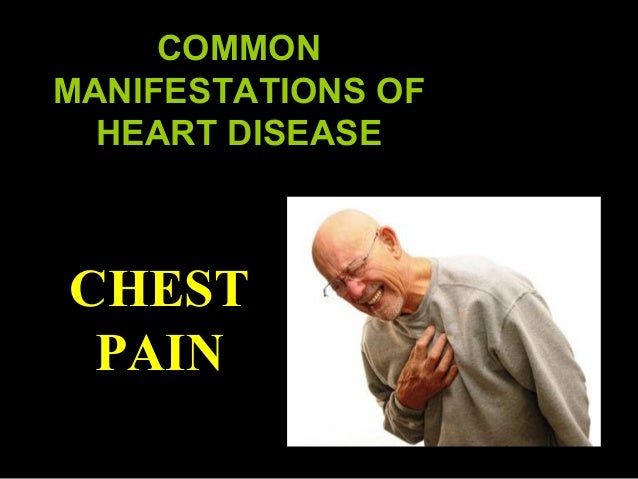Story telling
isn’t easy. Even the best authors sometimes struggle to put their ideas into
words. Characters are complicated and emotions can be hard to express. Ask any writer.
"The difference between the right word
and almost the right word
is the difference between
lightning and a lightning bug."
~Mark Twain~
With this in mind, it
shouldn’t come as a surprise that patients have trouble telling the stories of their illnesses. When they try to tell us about their symptoms, they may not have the language for it. The fellow
having a heart attack may describe his pain as indigestion, when the doctor is
looking for words like dull, heavy, or tight to describe the discomfort. The
patient who is lightheaded may describe the feeling as dizziness rather that
fainting. The provider then has to determine if the patient is experiencing
presyncope or vertigo. The patient who complains about pain in his sinuses may
be experiencing a migraine headache. Patients don’t know what we need to hear
from them about their symptoms, so sometimes the obstacle is language.
"Write hard and clear
about what hurts."
~Ernest Hemingway~
Sometimes the problem is denial. The fellow having the heart attack may know exactly what is happening to him, but be so scared by the prospect he unconsciously tries to make a case for something less ominous. He describes his problem as indigestion, hoping the doctor will say, "It sounds like reflux. Nothing too serious."
Fear,
then, is another confounding factor. When a patient describes a symptom, the
provider has a long list of details he needs to know in order to diagnose the
cause of the patient’s distress. However, the patient might be more frightened
by the symptom than he is suffering from its severity. Perhaps a coworker
recently suffered a disabling stroke. The patient is having some tingling in
his right hand so he’s convinced he’s about to have a stroke, too. Carpal
tunnel syndrome doesn’t cross his mind. The tingling isn’t severe, but his fear
of having a stroke is off the charts. Once the doctor addresses the patient’s
unfounded fears, treatment has a better chance of success.
It’s up
to the provider to figure out what is what. This explains why health care
providers must be excellent listeners. We have to make an accurate diagnosis by
listening clinically, and we must understand how the illness affects the
patient by listening empathetically.
"Listen. People start to heal
the moment they feel heard."
~Cheryl Richardson~
Listening
clinically involves getting the details right. Encouraging the patient to tell us
about the onset of his symptoms (sudden or gradual), the duration (hours, days,
or months), the severity (mild or excruciating), and quality (sharp or dull,
constant or intermittent, localized or generalized). A thorough and accurate
history of the patient’s symptoms is fundamental to making an accurate
diagnosis.
But
there’s more to it than that. Empathetic listening enables us to understand how
the illness affects the patient, what it means to him, and why. Why is he in
denial? What is he afraid of? How will his illness affect his job, his family,
his faith? It includes:
- Reading facial expressions and body language. For instance, if the patient brings his fist to his chest when he is telling you about his heartburn, you need to think heart attack instead. It’s a classic gesture.
- Understanding the patient’s emotional state. I once had a young woman come in with a swollen black eye. She laughed it off. “I’m so clumsy,” she said. “I was jumping on the bed and hit my eye on the corner of the TV.” In fact, she had a blowout fracture of the floor of the orbit. When I asked her what really happened, she described the blow she took from her boyfriend’s fist, the fear she felt for her life. She not only needed medical care, she needed social services.
- Listening between the lines for what the patient may be leaving out. I used to ask my teenage patients whether or not they were sexually active. Invariably, the answer was, “No.” That let me off the hook. I didn’t have to ask about STDs or contraceptive practices. It saved time…but I knew it wasn’t always true. So I started to ask instead, “How many sex partners have you had?” Eight, twelve, twenty-five! I was flabbergasted. But it enabled me to begin a meaningful discussion about body image and the patient's sense of self-respect. We went over the dangers of and prevention of STDs. And I was able to offer reliable contraception.
What
difference does empathetic listening make? It gets us closer to the truth. It
connects us with our patients in a meaningful way. It improves patient satisfaction
and that by itself helps promote healing. It enhances diagnostic accuracy and
the efficacy of treatment. It decreases the physician’s sense of frustration and
ineffectiveness. And by strengthening the physician-patient bond, it decreases the
rate of physician burnout.
If good
storytelling is an art, effective listening is a craft. In these efforts the
physician-patient partnership is forged. Health care becomes a mutual endeavor,
and everyone benefits from it.
"You are so brave and quiet
I forget you are suffering."
~Ernest Hemingway~
jan


No comments:
Post a Comment